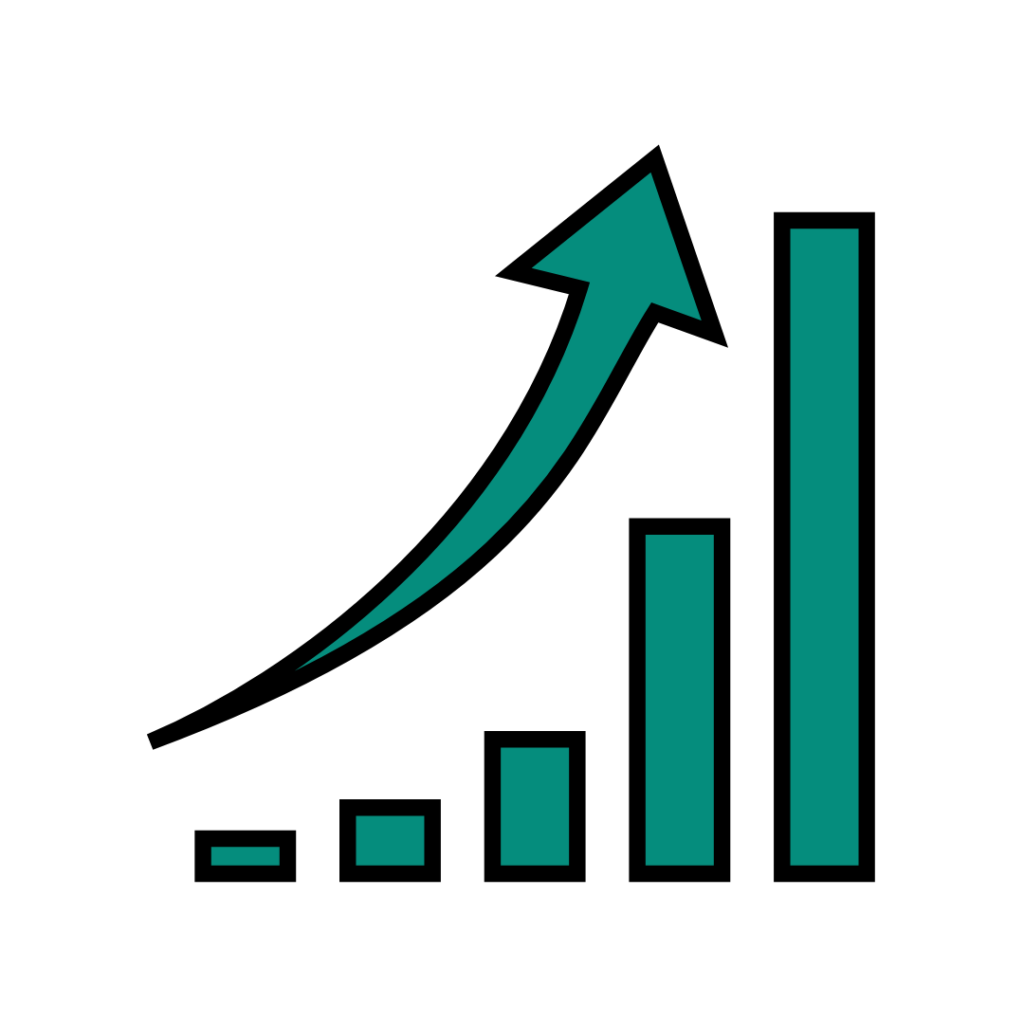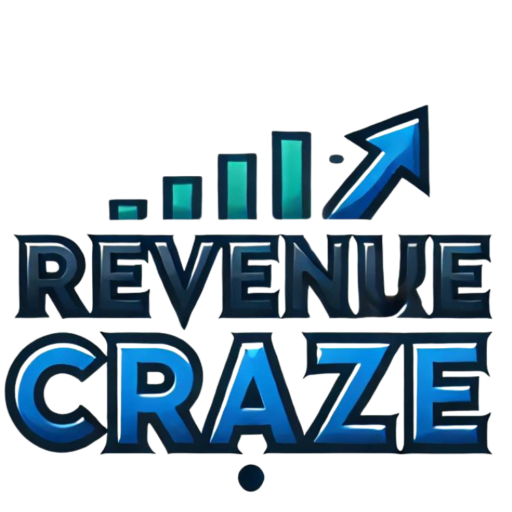13 Best Ways to Invest $500 and Earn Daily in Nigeria
Last updated on September 14th, 2024 at 03:24 pm
Wondering what app to invest $500 and Earn Daily in Nigeria?
I got you covered
Investing in Nigeria has become appealing due to its large population.
One such opportunity involves investing $500 for daily returns.
Despite potential rewards, investing in Nigeria carries risks that necessitate thorough research and professional advice.
Nevertheless, for those prepared to manage risks, let’s dive in.
Warren Buffett On Investment
Risk comes from not knowing what you’re doing.
If you don’t feel comfortable owning something for 10 years, then don’t own it for 10 minutes.
Investors should remember that excitement and expenses are their enemies.
And if they insist on trying to time their participation in equities, they should try to be fearful when others are greedy and greedy only when others are fearful.
The best thing that happens to us is when a great company gets into temporary trouble… We want to buy them when they’re on the operating table.
Setting Investment Goals
Setting investment goals is crucial for financial success as it focuses your decisions and determines your risk tolerance.
By creating goals, you establish a roadmap to track progress.
Consider your current finances, future needs, and risk tolerance, alongside the investment timeframe.
Goals can be short-term (e.g., vacation savings), medium-term (e.g., education funds), or long-term (e.g., retirement savings).
Use SMART criteria (Specific, Measurable, Achievable, Relevant, Time-bound) for clear, actionable goals.
This approach ensures informed decisions, helping achieve financial objectives effectively.
Identifying Profitable Investment Opportunities in Nigeria
Nigeria offers a wide range of investment opportunities to both local and foreign investors.
It is important to identify the most profitable investment opportunities to maximize returns.
Lucrative Investment Opportunities in Nigeria:
1. Fixed Income Instruments
Fixed-income instruments are low-risk investment opportunities that offer fixed returns over a specified period.
Examples of fixed-income instruments in Nigeria include Treasury Bills, Bonds, and Fixed Deposits.
These instruments are backed by the Federal Government of Nigeria and offer attractive interest rates to investors.
2. Equities and Stocks
Investing in equities and stocks is a popular investment opportunity in Nigeria.
The Nigerian Stock Exchange (NSE) offers a wide range of stocks to invest in, including blue-chip companies such as Dangote Cement, MTN Nigeria, and Nestle Nigeria.
Investing in equities and stocks can be risky, but it also offers the potential for high returns.

3. Real Estate Investments
Real estate investments are a profitable investment opportunity in Nigeria.
The demand for housing is high, and property prices continue to increase.
Investors can invest in residential or commercial properties, either by buying land or investing in real estate investment trusts (REITs).
4. Agricultural Sector Investments
The agricultural sector is a significant contributor to Nigeria’s economy, and investing in this sector can be lucrative.
Investors can invest in crop production, livestock farming, or agro-processing.
The government has also introduced several incentives to encourage investment in the agricultural sector.
5. Cryptocurrency and Digital Assets
Cryptocurrency and digital assets are gaining popularity in Nigeria.
Bitcoin, Ethereum, and other cryptocurrencies can be bought and sold on various cryptocurrency exchanges.
However, investing in cryptocurrencies is highly volatile and risky, and investors should exercise caution.
Read also: 21 Best Online Investment Platforms That Pay Daily With Zero Stress
6. Forex
Forex trading with $500 offers accessibility and potential profitability due to leverage, market liquidity, and minimal transaction costs.
It allows traders to participate in the global currency market with flexibility, operating 24/5.
However, risks include market volatility and the potential for amplified losses with leverage.
Successful trading requires understanding market fundamentals, technical analysis, and disciplined risk management.
While starting capital is modest, prudent strategy and education are crucial to navigating Forex’s complexities and maximizing opportunities while minimizing risks.
7. Small Business Ventures
Starting or investing in small businesses can be a profitable investment opportunity in Nigeria.
The country has a large population and a growing middle class, which creates a demand for various goods and services.
Investing in small businesses can also contribute to job creation and economic growth.

8. Automated Trading
Starting automated trading with $500 offers accessibility to technology-driven trading strategies.
It allows individuals to leverage automated systems for efficient trade execution and potential profitability across various markets.
With lower initial investment requirements, traders can test and refine strategies while managing risks effectively.
However, success hinges on technical proficiency, continuous monitoring, and adapting strategies to market conditions.
While automation provides scalability and diversification benefits, it’s essential to understand and mitigate potential technical failures and market risks.
9. CPA Affiliate Partnership
CPA affiliate marketing is a viable investment with $500 in Nigeria due to its low entry barrier and scalability.
Affiliates earn commissions for actions like sales or leads, not just clicks, offering potential income growth.
With global reach via online platforms, affiliates can promote diverse products and services to a wide audience.
The flexibility of remote work suits various schedules, from part-time to full-time commitments.
10. Dropshipping Business
Dropshipping is appealing with $500 due to its low startup costs and potential for daily income.
It eliminates the need for inventory investment as products are shipped directly from suppliers to customers.
This model allows focusing on marketing, customer service, and scaling the business rapidly.
Success hinges on choosing reliable suppliers, effective marketing strategies, and adapting to market trends swiftly to capitalize on daily sales opportunities and maximize returns.
Read also:
11. Building Blogs At a Scale
Building multiple blogs with $500 is feasible and advantageous for diversifying income sources.
Each blog can focus on different niches, maximizing audience reach and potential earnings through affiliate marketing, sponsored content, and advertisements.
With low initial costs for domain registration, hosting, and basic design, blogs offer scalability as traffic and monetization grow over time.
Managing multiple blogs requires consistent content creation, SEO optimization, and engagement to attract and retain readers.
Patience and strategic planning are key to building sustainable passive income streams from each blog

12. Reselling Products
Reselling products involves buying items at a lower price and selling them at a profit. It’s a viable business with $500 due to its low startup costs and flexibility.
You can source products from wholesalers, online marketplaces, or local suppliers.
Success requires researching product trends, pricing competitively, and providing excellent customer service.
With careful management of inventory and expenses, reselling offers opportunities to scale profits and reinvest earnings for continued growth in the retail market.
Read also: 13 Best Way to Make 20K Daily in Nigeria 2024-In This Economy.
13. Online Courses or E-books
Create and sell online courses or e-books on platforms like Udemy or Amazon Kindle. Invest in content creation, marketing, and platform fees.
These options require dedication, market research, and effective execution to see daily returns. They also offer flexibility and scalability with the potential to grow beyond the initial investment.
Risk Management Strategies
Investing in Nigeria comes with risks, just like any other investment.
However, with the right risk management strategies, investors can minimize these risks and increase their chances of earning daily from their investments.
Diversification.
Investors can diversify across sectors like agriculture, technology, and real estate in Nigeria to mitigate sector-specific risks.
Thorough research into companies, industries, and economic trends informs informed investment decisions.
Implementing stop-loss orders safeguards against market downturns.
A long-term strategy with achievable goals shields from short-term volatility, potentially boosting returns.
Despite inherent risks, effective risk management strategies can mitigate downsides and optimize investment prospects in Nigeria’s dynamic market landscape.
Building a Diverse Investment Portfolio
Diversifying investments across various asset classes like stocks, bonds, real estate, and commodities reduces risks associated with single assets.
This strategy involves spreading investments across different companies, industries, and regions to balance potential gains and losses.
Mutual funds, ETFs, and index funds offer diversified exposure to multiple securities and markets.
Consideration of risk tolerance guides the choice between higher-risk assets such as small-cap stocks or stable options like blue-chip stocks and bonds.
Ultimately, building a diverse portfolio aligns with investment goals, minimizing risks, and optimizing returns across different economic conditions and market fluctuations.
Bottom line
In conclusion, investing $500 wisely in Nigeria offers diverse opportunities like drop shipping, blogging, and product reselling.
With strategic planning and dedication, these ventures provide flexibility, scalability, and potential for consistent income.
By adapting to market trends and focusing on value creation, investors can build sustainable financial growth in this dynamic environment.

